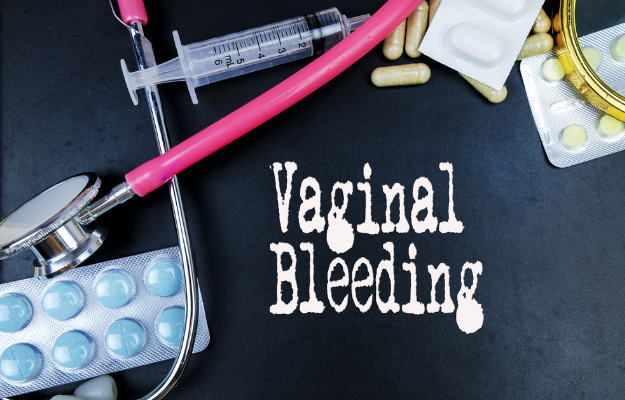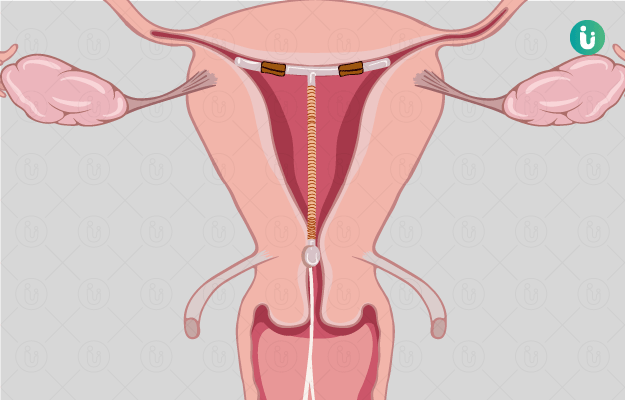You may wonder if there’s any difference between women’s health issues and men’s health issues, especially when it comes to diseases that anybody and everybody can get. But the fact is that women and men are biologically different; almost every health issue in the world affects men and women differently.
There are many diseases that affect women exclusively, because menstruation, pregnancy, childbirth and menopause are stages of life only they deal with. So, gynecological issues like polycystic ovary syndrome (PCOS), pregnancy issues like miscarriage, etc. happen only to women, and need special medical attention as well as awareness.
In most cultures around the world, women have a lower social status than men - one of the main reasons why women’s health issues are under-researched, and their treatment and care is under-funded or not focused on enough. Social stigma, lack of empowerment, access to education and public health facilities lead to an increased vulnerability among female populations, especially in developing countries.
This is the reason why the World Health Organization (WHO), federal governments of most nations and charitable public health institutions are now choosing to focus especially on eradicating gender disparity to throw more light on the health issues that women face.
Why women’s health needs to be an area of focus
According to the United Nations Population Projection, women make up 49.6 percent of the current world population. A study published in the journal of Health Care Women International in 2011 shows that women work two-thirds of the world’s working hours and yet earn only 10 percent of the world’s income - and this data does not account for the unpaid domestic labour women, especially housewives, contribute towards globally.
Despite being such a huge part of the world’s population and contributing to the entire world’s development, women - and their health - do not get the attention they deserve. Women are biologically and behaviourally different from men, which means that their needs cannot be fulfilled by a 'one-size-fits-all' attitude towards public health awareness, research, treatment and policies.
Women’s health issues need to be understood better and treated better, more so because their good health (or the lack of it) plays an important role in the creation of the next generation of humans. The need to focus on women’s health is urgent, especially since there are a number of health issues that women face differently, and some even exclusively.
-
Diseases that affect women differently
-
Diseases that affect women exclusively
Diseases that affect women differently
There are many health issues and conditions that both men and women have in common, but affect women differently. In these cases, the symptoms may be similar but the effects of the condition and care needed to treat as well as recover from it are also different. The following are some such diseases that affect women differently from men:
- While men are more likely to become dependent on alcohol in their lifetime, the effects of alcohol abuse and alcoholism in women can be more serious since they increase the risk of breast cancer, heart disease and fetal alcohol syndrome (where the mother’s drinking habits lead to brain damage in babies).
- Heart diseases affect men and women equally, but women are more likely to die following a heart attack than men. This is also partially due to the fact that women experience delays in both emergency care and treatment for cholesterol issues.
- Women are more prone to depression and anxiety than men, and certain types like postpartum depression exclusively affect women.
- Arthritis is likely to have more serious effects on women than men, especially if the condition is spurred by lifelong calcium deficiency.
- Sexually transmitted diseases (STDs) affect both men and women, but delay in treatment can cause infertility in women. STIs often go untreated in women because the symptoms are not always as severe as in the case of men, and can be confused with minor issues like yeast infection.
- According to a survey by the American Psychological Association (APA), stress is on the rise among women and can have unique effects on them, like infertility.
- More women than men suffer from strokes every year. This is because while men and women share most causes of strokes (like family history, high blood pressure, high cholesterol), women might also suffer them due to birth control pills, pregnancy and hormone replacement therapies.
- Women are more likely to suffer from urinary tract infections (UTIs) than men, because of the way the female urinary tract is structured.
Diseases that affect women exclusively
Since women are biologically different from men, they experience biological stages like menstruation, pregnancy, childbirth and menopause which men don’t. This is the reason why there are a number of medical conditions and health issues that women deal with exclusively. The following are some of these problems which only women face:
- Gynecological health issues and disorders like irregular periods, urinary incontinence, pelvic floor disorders, bacterial vaginosis, vaginitis, PCOS, endometriosis, adenomyosis, uterine fibroids and vulvodynia.
- Pregnancy-related issues like prenatal care, postnatal care, miscarriage, stillbirth, ectopic pregnancy, premature birth, cesarean section, birth defects, breastfeeding and postpartum depression.
- Cancers like ovarian cancer and cervical cancer.
- Disorders like Turner’s syndrome and Rett’s syndrome.
- Violence against women, like female genital mutilation and infanticide.





































